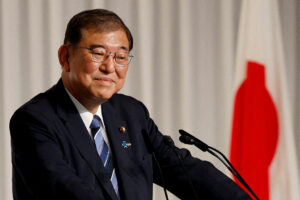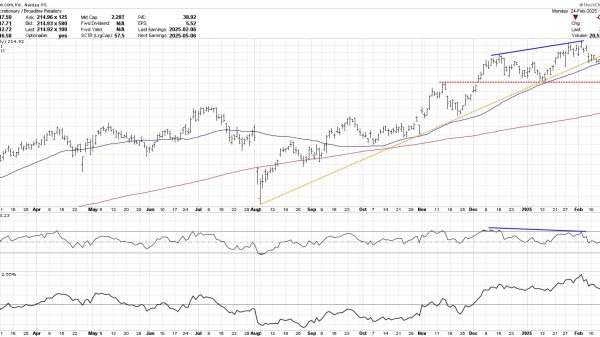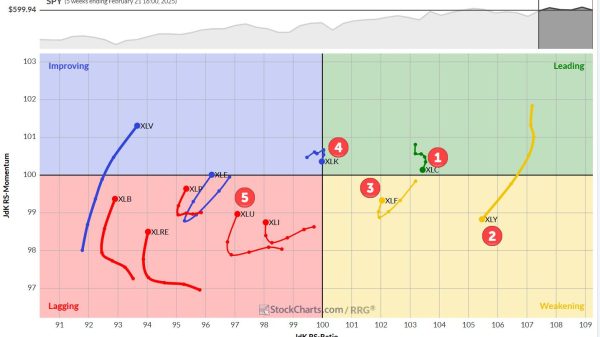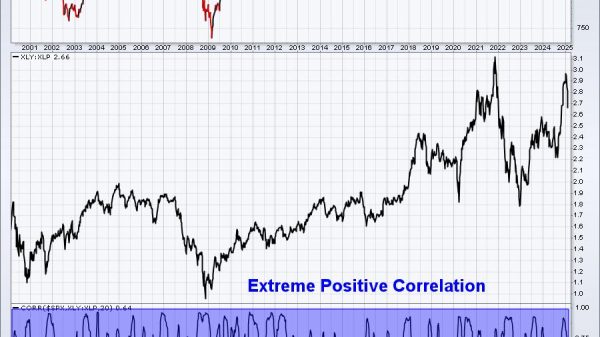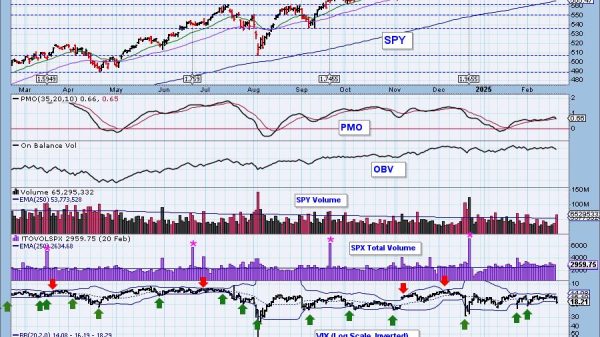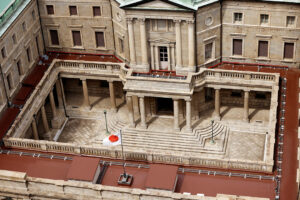TOKYO — Japan’s political scandal looks set to wipe out heavyweights of the ruling party’s once-mighty faction favoring big monetary stimulus, easing the path for the Bank of Japan (BoJ) in pulling the economy out of decades of ultra-low interest rates.
Prime Minister Fumio Kishida on Wednesday announced he would make changes to his cabinet as he seeks to stem the fallout from a fundraising scandal that has further dented public support for his embattled administration.
The political upheaval comes at a critical moment for the BoJ, which is planning an exit from ultra-low interest rates on rising inflation and signs of broadening wage hikes. Most market players predict an end to Japan’s negative rates sometime next year.
While the BoJ is legally independent from government interference in deciding monetary policy, political pressure has historically had a significant influence on its decisions.
Once led by former premier Shinzo Abe, who was shot and killed during an election campaign last year, the faction known as Seiwa-kai, or so-called “Abe faction,” has retained huge influence on policymaking including under Mr. Kishida’s administration.
The faction consists of many advocates of massive fiscal and monetary stimulus. Among them is ruling party heavyweight Hiroshige Seko, who has repeatedly called for big fiscal spending and made clear his strong preference for ultra-loose policy to continue.
In 2013, Mr. Abe hand-picked former BoJ Governor Haruhiko Kuroda to deploy a massive asset-buying program as part of his “Abenomics” stimulus policies. The BOJ continues to buy huge amounts of assets, and added a negative interest rate policy and a bond yield control in 2016 to keep borrowing costs low.
“Monetary easing will eventually end. But Governor (Kazuo) Ueda has said an exit will come after achieving the bank’s 2% inflation,” Mr. Seko told reporters in September after the governor’s hawkish comments pushed up the yen and bond yields.
Mr. Seko and Koichi Hagiuda, another ruling party executive, are likely to resign, as well as Chief Cabinet Secretary Hirokazu Matsuno and three other ministers belonging to the faction, according to domestic media.
“It’s natural to believe that Ueda would now have a freer hand in guiding policy,” said a government official with knowledge on economic policy-making.
NO ONE TO NEGOTIATE
However, the blow dealt to Mr. Kishida’s administration could leave the BoJ without an effective counterpart to negotiate and collaborate such a major policy shift that would have a huge impact on the economy and global financial markets.
People close to Mr. Kishida say his administration broadly endorses governor Ueda’s efforts to phase out his predecessor’s radical stimulus, which is blamed for boosting imported goods prices and households’ cost of living via a weak yen.
“With the diminishing influence of the Abe faction, calls for ultra-loose monetary policy to support expansionary fiscal policy will likely disappear,” said former BoJ official Shigeto Nagai, who is now head of Japan economics at Oxford Economics.
There is some uncertainty on how the political turmoil could affect the timing of an exit from negative rates.
The ensuing policy paralysis, some observers warn, could delay negotiations between the BoJ and the government necessary to ensure that any exit from easy policy would not destabilize markets and the economy.
“The focus now will be how long the Kishida administration can last,” said political analyst Atsuo Ito. “Kishida has no strength to carry out anything that would drastically alter the status quo on policy.”
Yet, the BoJ would now have a clearer path to an exit from low rates, some analysts say.
Hiroshi Namioka, chief strategist and fund manager at T&D Asset Management, said the waning influence of the Abe faction reinforces his bet the BoJ will end negative rates in January.
“The views of politicians were something the BoJ took into consideration to some extent, when guiding policy.” — Reuters






